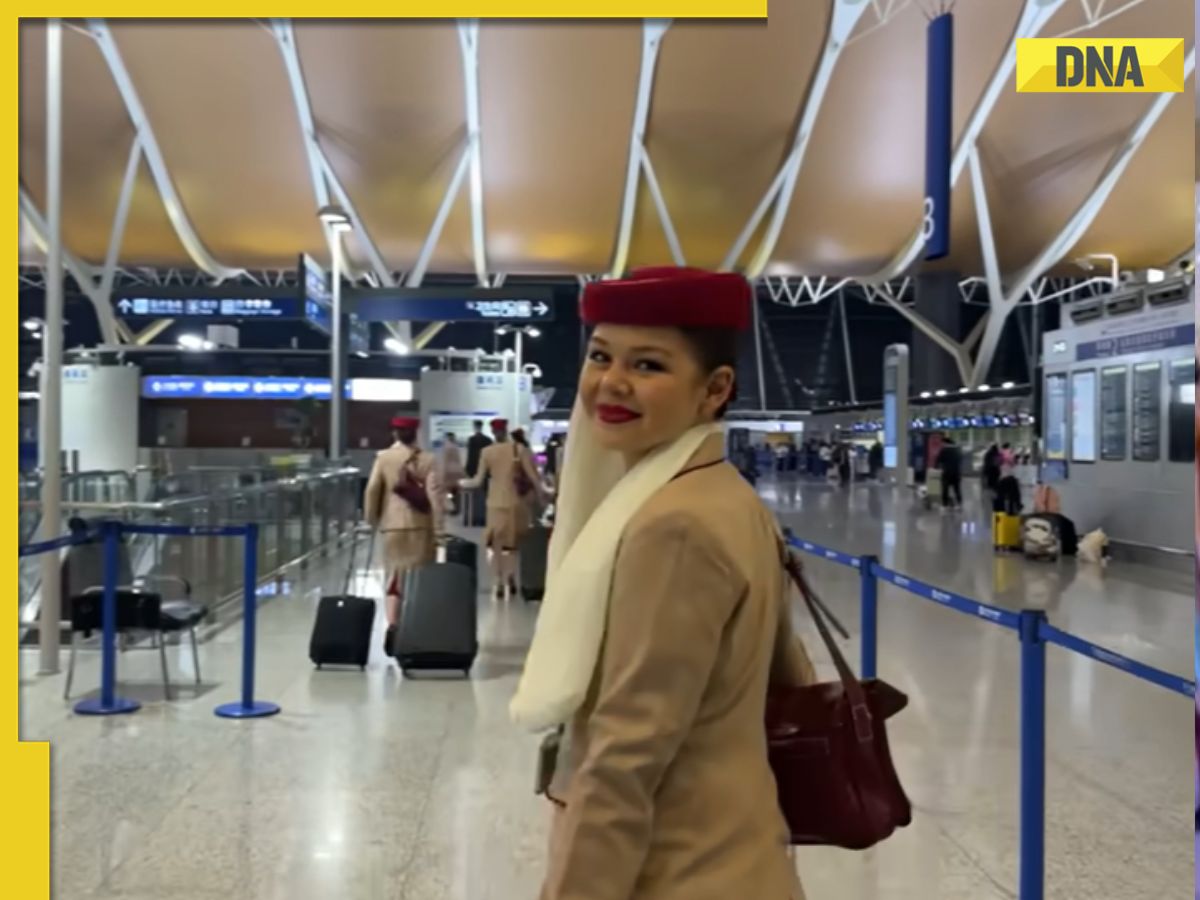)
Emirates' Response to Viral BTS Video: A Case Study
A video featuring Emirates airline staff went viral, capturing the internet's attention and sparking discussions about corporate social media policies. The behind-the-scenes (BTS) video, shot by former Emirates flight attendant Amanda King, provided an insider's view of life as a cabin crew member. It quickly gained traction online, inviting both intrigue and controversy surrounding the airline's internal operations.
The Video's Content and Impact
Amanda King's video, titled "Things You DON'T See as a Passenger," showcased various aspects of her job, including the crew's earnings and the reality of layovers. Filmed during a trip to Shanghai, the video revealed the less glamorous side of working as cabin crew, which resonated with many viewers. However, it also raised eyebrows within the Emirates management, leading to an internal investigation.
Emirates' Reaction and Investigation
The video prompted Emirates to assess whether any company policies had been breached. Despite the scrutiny, Emirates confirmed that no crew members, including King, were terminated as a result of this incident. This outcome highlights Emirates' approach of balancing the enforcement of company policies with respect for employee expression. The airline's decision not to terminate any employees in the wake of the viral video reflects a nuanced understanding of the modern digital landscape, where employee-generated content can quickly become public.
The Balance Between Brand Image and Employee Expression
In today's digital age, companies constantly grapple with the challenge of protecting their brand while allowing employees to express themselves. Emirates' handling of this situation underscores the importance of having clear yet flexible social media guidelines. Unlike British Airways, which has implemented a strict policy prohibiting pilots and cabin crew from engaging in social media activities while on duty, Emirates took a more measured approach. This contrast illustrates the varying strategies companies adopt in response to social media's pervasive influence.
Lessons for Other Companies
The Emirates case serves as a valuable learning opportunity for companies navigating similar challenges. It highlights the need for clear communication of social media policies and the importance of addressing potential controversies without resorting to extreme measures, such as dismissals. By choosing not to penalize employees harshly, Emirates demonstrated the potential for a constructive resolution that maintains company integrity while respecting individual expression.
The Role of Social Media Policies
Emirates' response to the viral video underscores the critical need for well-defined social media policies, particularly in industries where public perception is vital. Such policies should not only protect the company's image but also empower employees to share their experiences responsibly. As the digital landscape continues to evolve, companies must adapt their strategies to manage the complexities of employee-generated content effectively.
Conclusion
The viral Emirates BTS video and the airline's response offer a compelling case study in the management of employee-created content in the age of social media. Emirates' decision to investigate without resorting to dismissals reflects a balanced approach that other companies can learn from. This incident highlights the importance of clear social media guidelines and the need for companies to navigate the digital terrain with both caution and understanding.
For more on this topic, visit the original article.